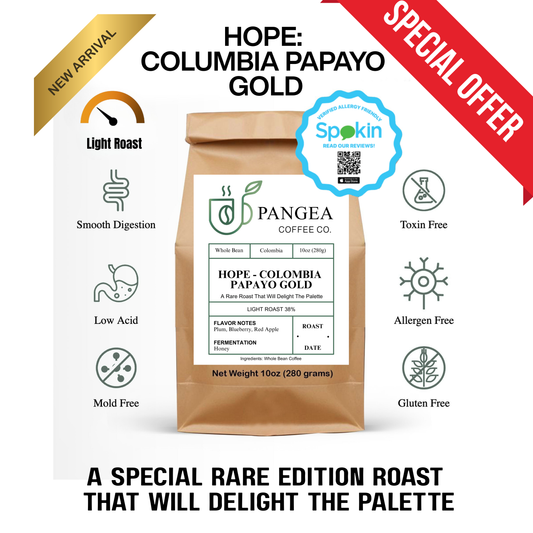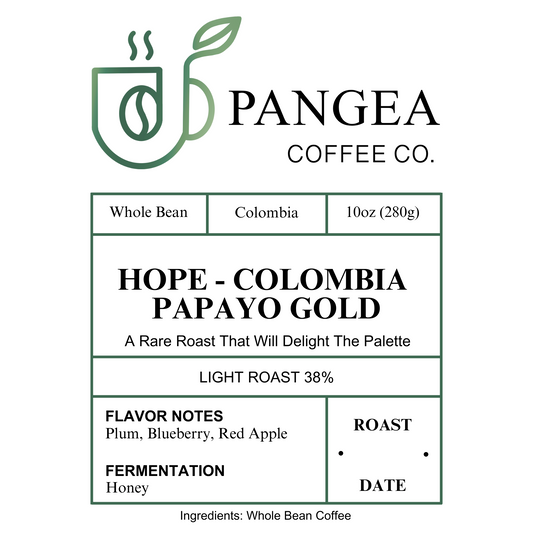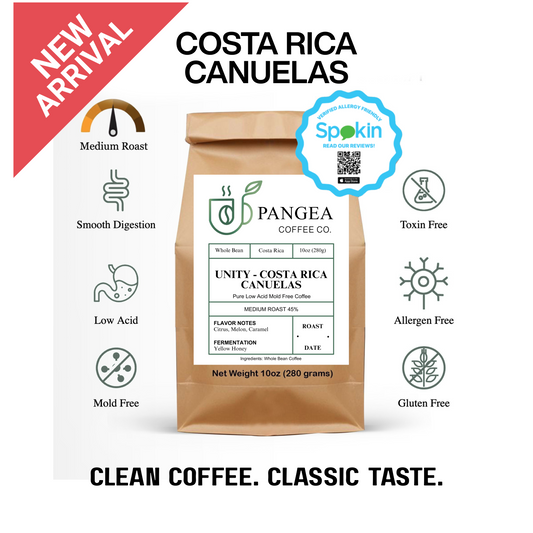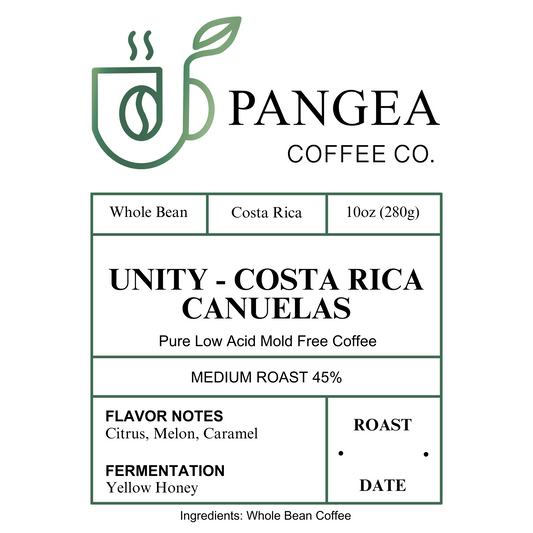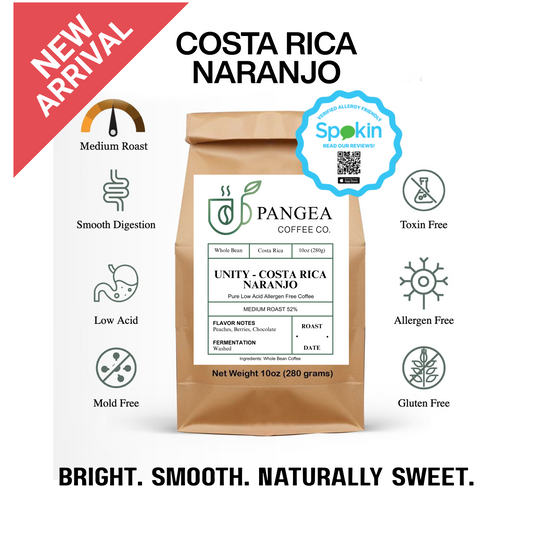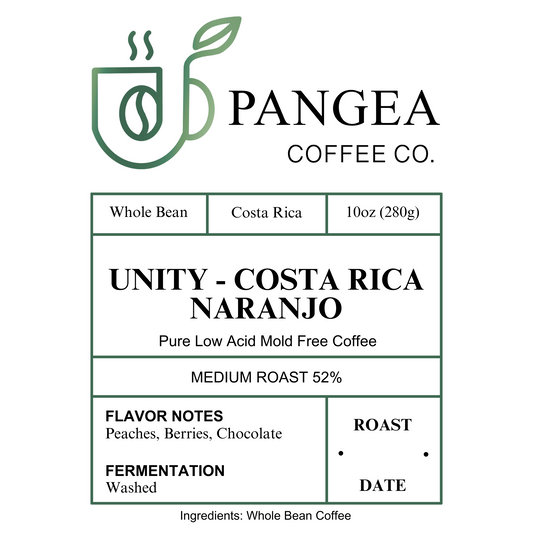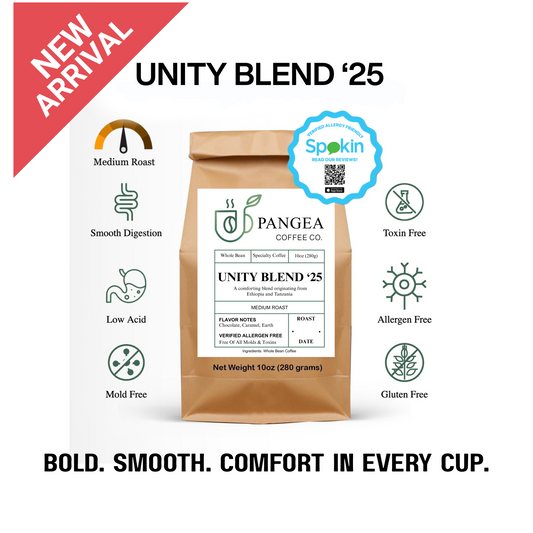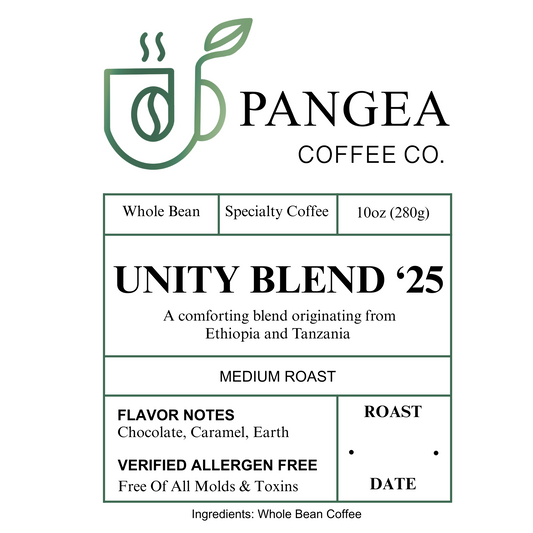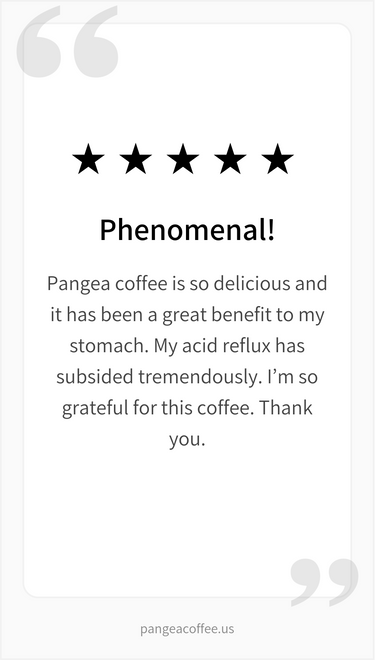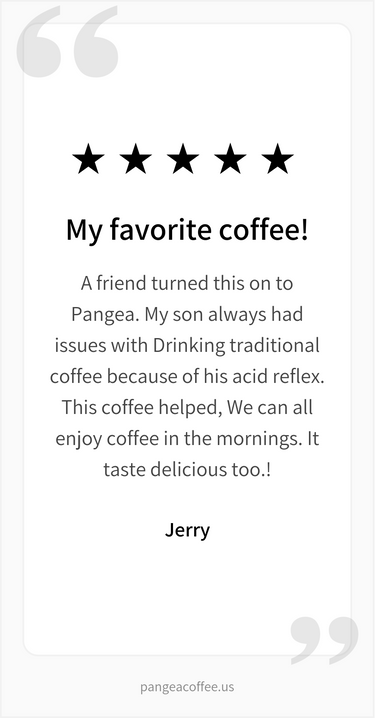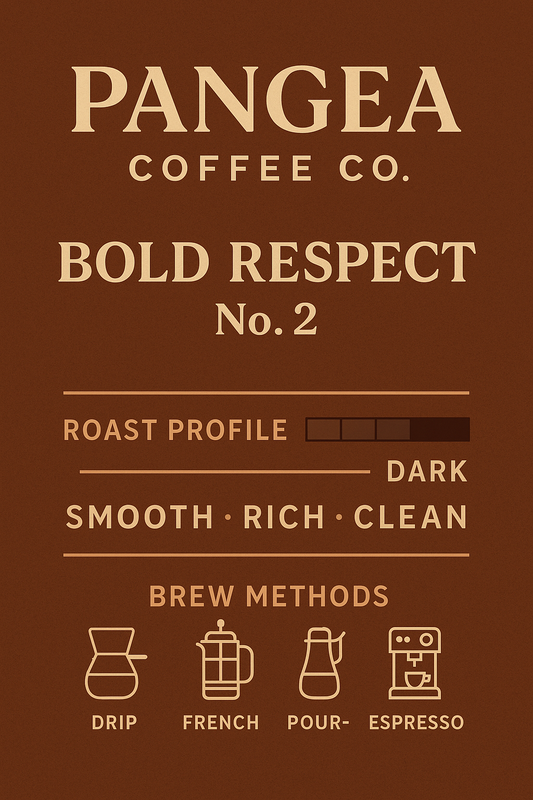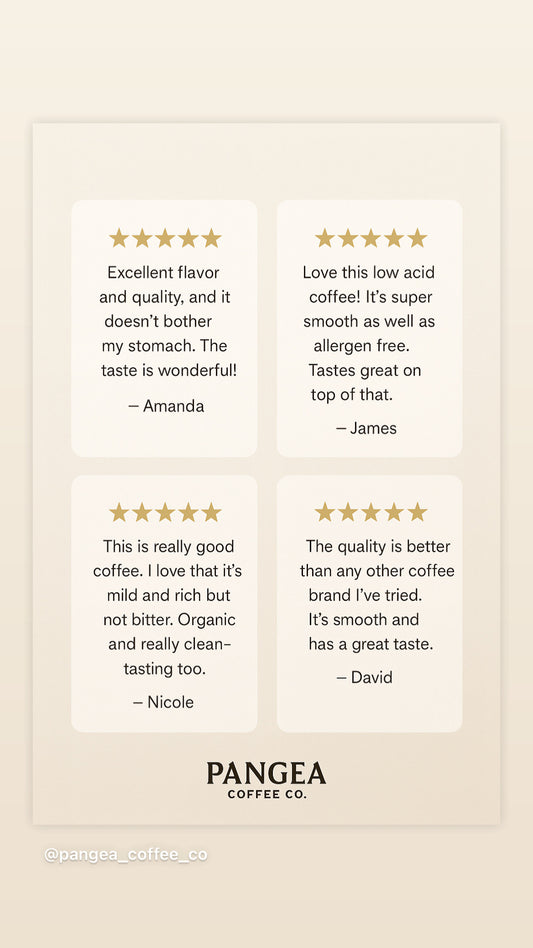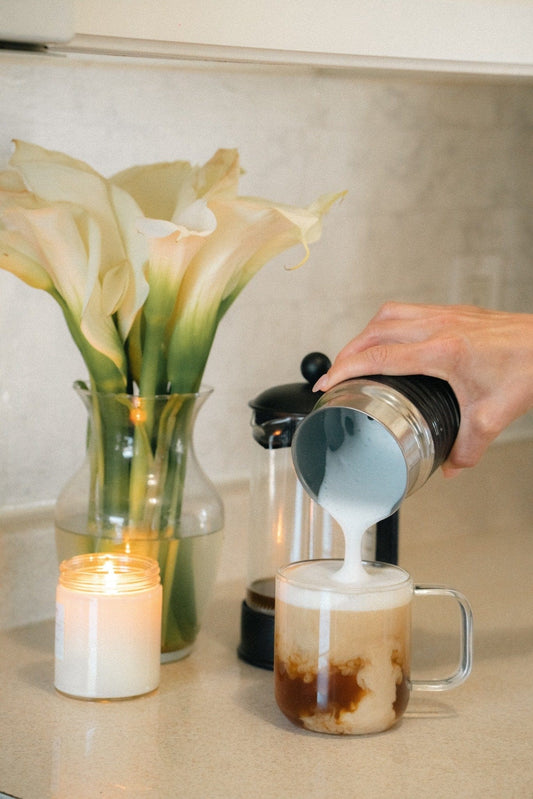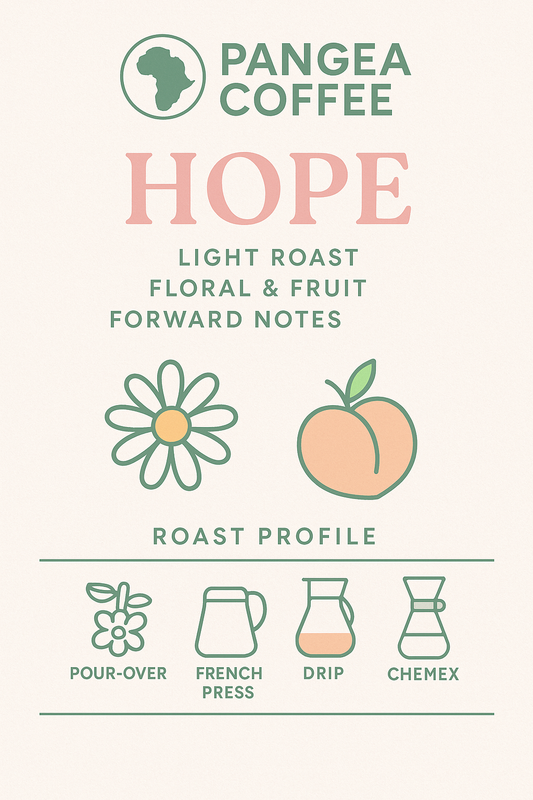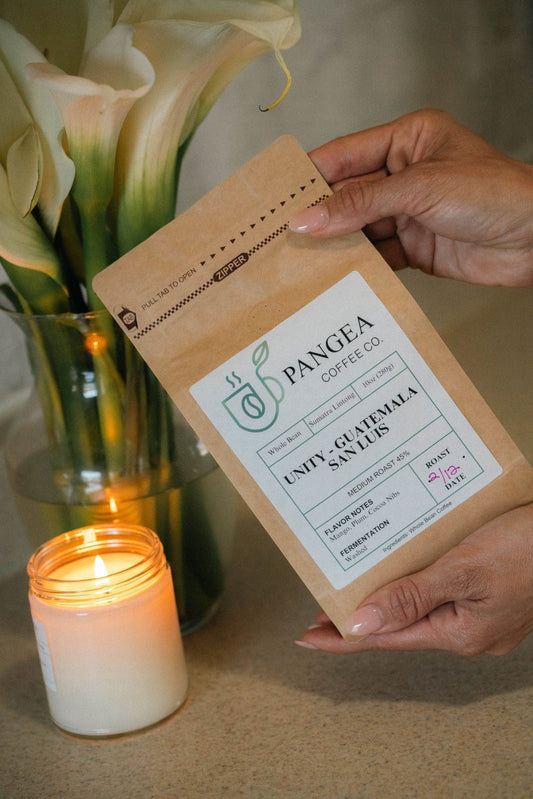Low Acid Coffee vs. Regular: 3 Things Google Doesn’t Tell You
 Think all coffee is the same? Here’s what even Google search results don’t reveal about the real difference between low acid and regular coffee. If you care about your gut, flavor, or morning energy, this is for you.
Think all coffee is the same? Here’s what even Google search results don’t reveal about the real difference between low acid and regular coffee. If you care about your gut, flavor, or morning energy, this is for you.
1. Not All “Low Acid” Coffees Are Created Equal
Search “low acid coffee” and you’ll find dozens of brands, but what Google won’t tell you is that there’s no industry standard for what counts as “low acid.”
Many products use additives or chemical washes to reduce acid—often at the expense of flavor or purity. The best low acid coffees are:
- Naturally grown in regions with lower soil acidity (like Colombia, Tanzania, and Costa Rica)
- Fresh roasted and specialty grade (not mass-produced)
- Processed without additives or harsh chemicals
Pro tip: Look for brands that are doctor-endorsed, mold-free, and certified allergen-free, like our Unity or Hope lines.
2. The Real Difference Is in Your Stomach—Not Just Your Taste Buds
Honest Scientific Backing:
A 2014 meta-analysis of 15 studies found **no direct link between coffee consumption and the risk of developing GERD**.
However, research and clinical experience show that high-acid coffee is much more likely to trigger discomfort (heartburn, indigestion) in people with GERD or that have sensitive stomachs—especially if you drink multiple cups per day or drink it on an empty stomach.
- Low acid coffee: Gentler on the stomach, less heartburn
- Regular coffee: Can cause discomfort, especially on an empty stomach
Bonus: Low acid coffee still delivers full flavor, aroma, and caffeine—so you don’t have to compromise on your morning ritual.
3. Low Acid Coffee Is About the Whole Process—Not Just a Buzzword
Many consumers think it’s just about the beans, but true low acid coffee is a result of:
- Clean, specialty-grade sourcing (no toxins, no cross-contamination)
- Allergen-free, mold-free roasting and packaging
- Expert roasting (light or medium to preserve natural sweetness and avoid bitter, acidic notes)
Ask your favorite brand: Are they transparent about their sourcing, certifications, and processing?
Pangea Coffee is third-party endorsed by a GI specialist and uses strict allergen-free protocols. See for yourself.
Takeaway: Don’t Settle for Hype—Go for Health
The next time you see “low acid coffee” in a headline, remember: not all beans are created equal. For your gut and your flavor, trust the brands that are transparent, clean, and clinically backed.
Explore our most stomach-friendly roasts:
💡 Want the deep science? Read our Doctor-Backed Guide to Coffee and GERD.

